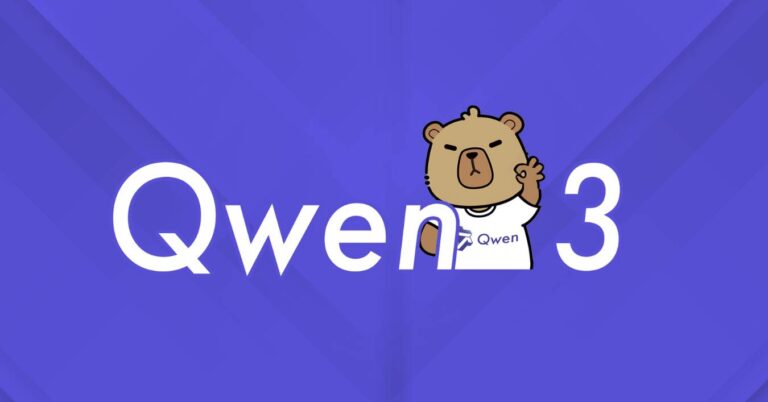Phi-4, Microsoft’s latest small language model (SLM), with 14 billion parameters, excels (according to Microsoft) in complex reasoning tasks, particularly in math, surpassing larger models in performance. It introduces advancements in model size vs. quality, offering a highly effective solution for AI applications, available through Azure AI Foundry and soon on Hugging Face.

Microsoft’s Phi-4 – Key Points
- Model Specifications:
- Phi-4 has 14 billion parameters, designed for complex reasoning, including math and language processing.
- It is part of Microsoft’s Phi family of small language models, focusing on achieving high-quality results despite its smaller size.
- Math Performance:
- Phi-4 outperforms larger models such as Gemini Pro 1.5 on math competition problems, demonstrating its advanced math reasoning abilities.
- Benchmarks reveal Phi-4’s ability to solve problems typically reserved for larger models.
- Training Innovations:
- Phi-4 benefits from high-quality synthetic datasets, curation of organic data, and post-training innovations, which contribute to its superior math problem-solving capabilities.
- Availability:
- Currently, Phi-4 is available on Azure AI Foundry under a Microsoft Research License Agreement (MSRLA).
- It will be available on Hugging Face starting next week, offering broader access to users and developers.
- Responsible AI Integration:
- Microsoft emphasizes responsible AI development with robust responsible AI capabilities for customers working with Phi models.
- The Azure AI Foundry platform helps developers measure, mitigate, and manage AI risks throughout the development lifecycle.
- Benchmarking and Technical Insights:
- Phi-4 has been benchmarked extensively, showing its performance against competitors in real-world applications, particularly in academic competitions like the American Mathematics Competition (AMC).
- A detailed technical paper on Phi-4’s benchmarks is available on arXiv for further insights.
Why This Matters:
Phi-4’s exceptional performance on complex reasoning tasks challenges the notion that larger models are always superior, proving that smaller, more efficient models can achieve breakthrough results. This innovation offers AI developers a powerful tool for precise, responsible AI applications, particularly in fields requiring high-level problem-solving like math and science. It also reinforces Microsoft’s commitment to advancing AI capabilities while ensuring ethical and safe deployment practices.
Discover the key players and strategies in the AI war, a fierce battle shaping the future of technology and market dominance
Read a comprehensive monthly roundup of the latest AI news!







